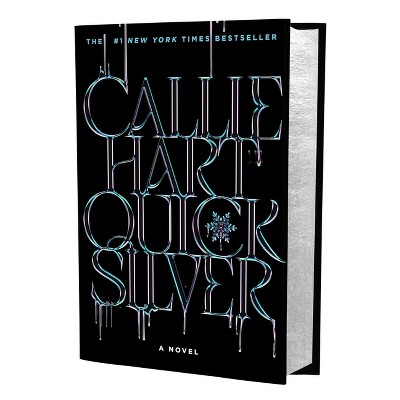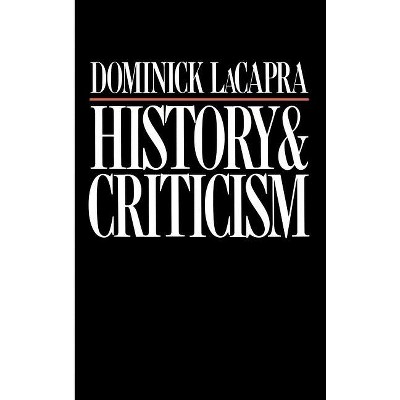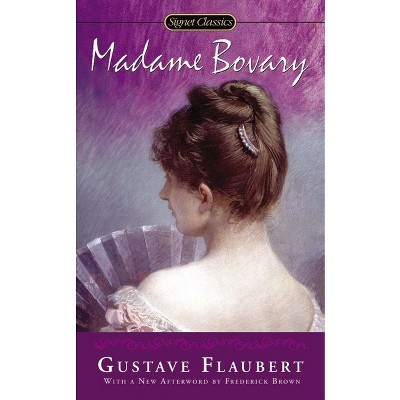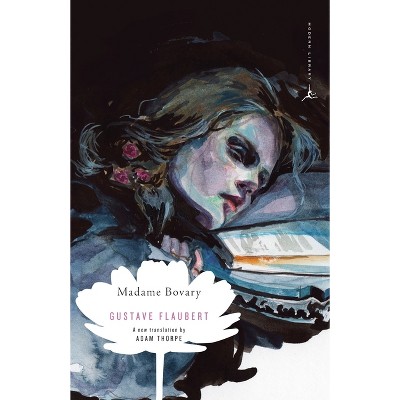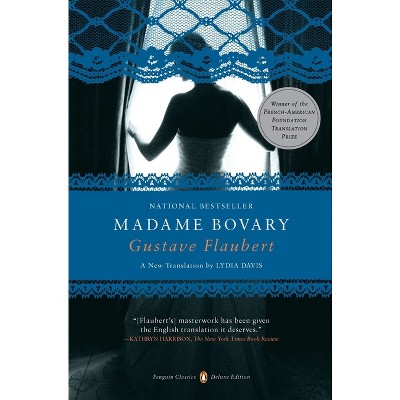About this item
Highlights
- In 1857, following the publication of Madame Bovary, Flaubert was charged with having committed an "outrage to public morality and religion.
- About the Author: Dominick LaCapra is Professor of History and Comparative Literature Emeritus at Cornell University.
- 224 Pages
- Literary Criticism, European
Description
About the Book
In 1857, following the publication of Madame Bovary, Flaubert was charged with having committed an "outrage to public morality and religion." Dominick LaCapra, an intellectual historian with wide-ranging literary interests, here examines this remarkable trial.
Book Synopsis
In 1857, following the publication of Madame Bovary, Flaubert was charged with having committed an "outrage to public morality and religion." Dominick LaCapra, an intellectual historian with wide-ranging literary interests, here examines this remarkable trial. LaCapra draws on material from Flaubert's correspondence, the work of literary critics, and Jean-Paul Sartre's analysis of Flaubert. LaCapra maintains that Madame Bovary is at the intersection of the traditional and the modern novel, simultaneously invoking conventional expectations and subverting them.
Review Quotes
It is frivolously tempting (especially so in the light of Dominick LaCapra's absorbing and provocative book) to read the trial of Madame Bovary as an ironic Flaubertian text. But of course the trial was real enough, for in 1857 Flaubert was charged with outrage to public morality. In his elucidation of how the novel confronted its own trial, LaCapra addresses issues which are of central concern to modern literary theory.
--Brian Nelson "Nineteenth-Century French Studies"About the Author
Dominick LaCapra is Professor of History and Comparative Literature Emeritus at Cornell University. He is the author or editor of many books, including History and Its Limits: Human, Animal, Violence; History in Transit; and History and Memory after Auschwitz, all from Cornell.


